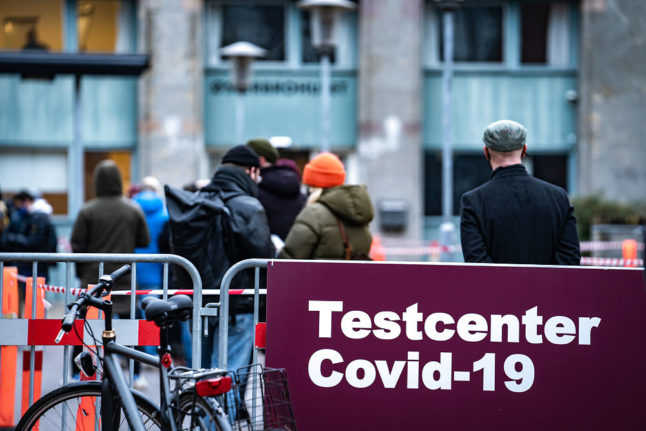The more infectious variant, first detected in South Africa, is one of those — along with B117, which originated in the United Kingdom — that has given rise to concern amongst authorities.
It has now been established that there are nine cases of the variant in Denmark. However, this is the first case where infection has not been linked to travel.
“Our infection tracking not been able to find out how the person was infected. But it cannot be ruled out that there are signs of a certain low level of infection [with the variant] in Denmark,” said Heunicke.
“We are keeping an eye on the future and we have a very effective response procedure. That is crucial,” the minister said at a press briefing on Wednesday.
According to the national infectious disease agency State Serum Institute (SSI), the B1351 variant may have reduced sensitivity to antibodies.
That can affect the effectiveness of Covid-19 vaccines. However, SSI has said that the vaccines are still expected to work.
Pfizer/BioNTech and Moderna, which are behind two of the three vaccines being used against COVID-19, have said that their vaccines work.
According to the World Health Organization (WHO) the vaccine from the third producer – AstraZeneca – can also be used in countries where the South African variant is widespread.
But South Africa has sought to swap its AstraZeneca vaccines because the country feared that the vaccine would not be as effective against the variant.
The variant was first confirmed in South Africa on December 18th but has been found in samples dating back to October.
The first cases of the variant in Denmark were found among individuals and close contacts after they had returned from travel to West Africa, East Africa and the United Arab Emirates.
READ ALSO: Covid-19: Denmark plans twice-weekly testing as path out of lockdown



 Please whitelist us to continue reading.
Please whitelist us to continue reading.
Member comments